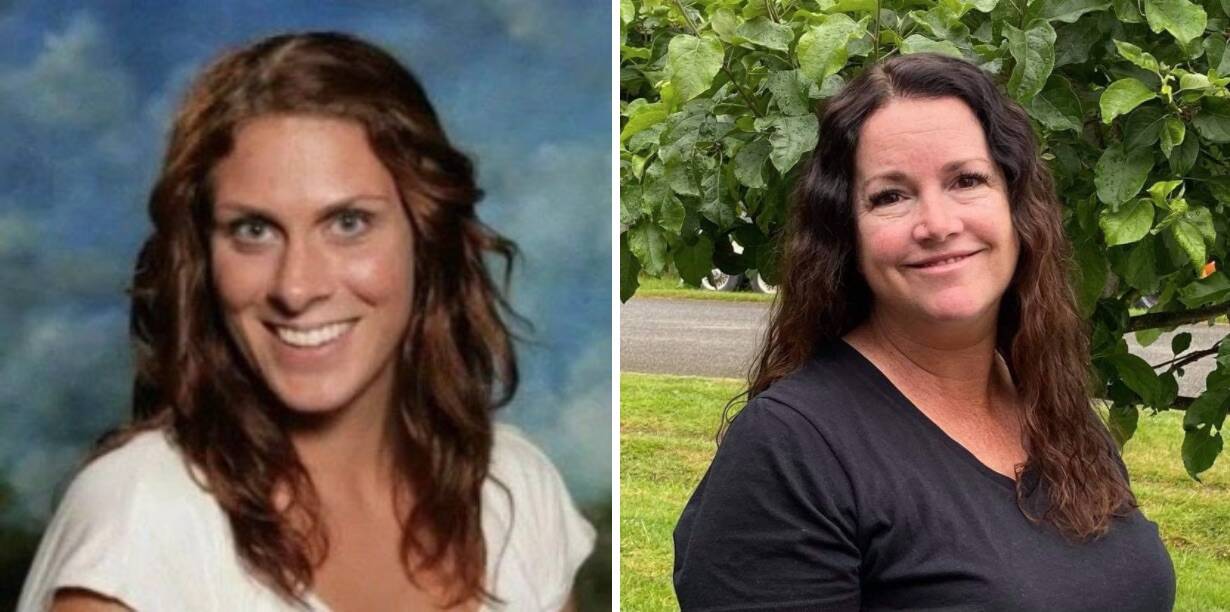School board member Andrea Downs is seeking re-election for her second term on the South Whidbey school board in Position 2.
As the incumbent candidate with the most time spent on the board, Downs reflected on her accomplishments during her tenure and the work she plans to continue if re-elected.
Downs’s opponent, Dawn Tarantino, did not respond to The Record’s questions by press time.
Downs ran unopposed for her first school board term, which she began in January of 2017. She has a master’s degree in policy studies, which she said has been useful in navigating difficult board affairs such as the aftereffects of the state Supreme Court’s McCleary decision.
In 2012, the state Supreme Court ruled that the state must fully fund K-12 public schools. The state poured billions of dollars into schools across the state to come into compliance with this decision, and between 2016 and 2018, local school boards helped negotiate pay raises for public educators.
“Everybody had to renegotiate their bargaining, and it was just a really interesting time for union and district relations,” Downs said. “We came through it in a really nice way, and we actually have a stronger relationship with our union as a result of that.”
The incumbent was also the primary writer of the district’s equity policy. Downs said South Whidbey is more diverse than it’s often given credit for, in terms of race, sexual orientation and gender identity, and socioeconomic status. Causing students of all identities and in all life circumstances to feel seen, heard and validated is at the center of the policy.
The candidate clarified that the equity policy and the inclusive curriculum policy that she wrote years ago have nothing to do with critical race theory. Critical race theory, she said, is a graduate level course that is not taught in the South Whidbey school district.
Rather, students are taught about implicit and explicit biases and inclusive history representative of multiple perspectives. Downs’ curriculum policy requires that all curricula be screened for bias.
“I remember the first time I had an option to take a woman’s history course. It blew my mind,” she said, recalling how empowering it was to feel like her own voice and experiences were represented in what she was learning. “We are trying to change that for our high school students, so that they feel like their voices are at the table, that there are more perspectives to history than just the dominant culture.”
Tarantino has previously stated that she does not believe critical race theory belongs in schools but has not commented on what she believes the appropriate method is for addressing social justice or representative history topics in the curriculum.
Looking forward, Downs said she supports the district’s current COVID-19 mitigation measures, including mask mandates for everyone inside the school building and vaccine mandates for school employees and volunteers.
Her reasons for supporting the safety measures relate to both health and finances — schools not in compliance with state COVID mandates will lose access to state funding.
“Yes, I’m in support of science, and yes, I believe in following the expectations that are put out for us that are made by people with the credentials to make these decisions, but it also comes down to logistics,” she said. “I do not know how we keep that school open, and I do not know how we pay our staff, and I most certainly do not know how we support the social, emotional and academic needs of our students if we have no funding.”
Downs said she believes her experience in education, particularly her work in special education and her work with marginalized student populations, make her a valuable asset to the board.
According to the Island County voter’s guide, Tarantino has many years of community volunteer experience at South Whidbey Community Park and working with special needs children at the M-bar-C ranch.
The challenger has previously identified increasing public school enrollment, improving academic performance, emphasizing trade and life skills and creating a culture of respect for differing opinions as high priorities in her candidacy.


